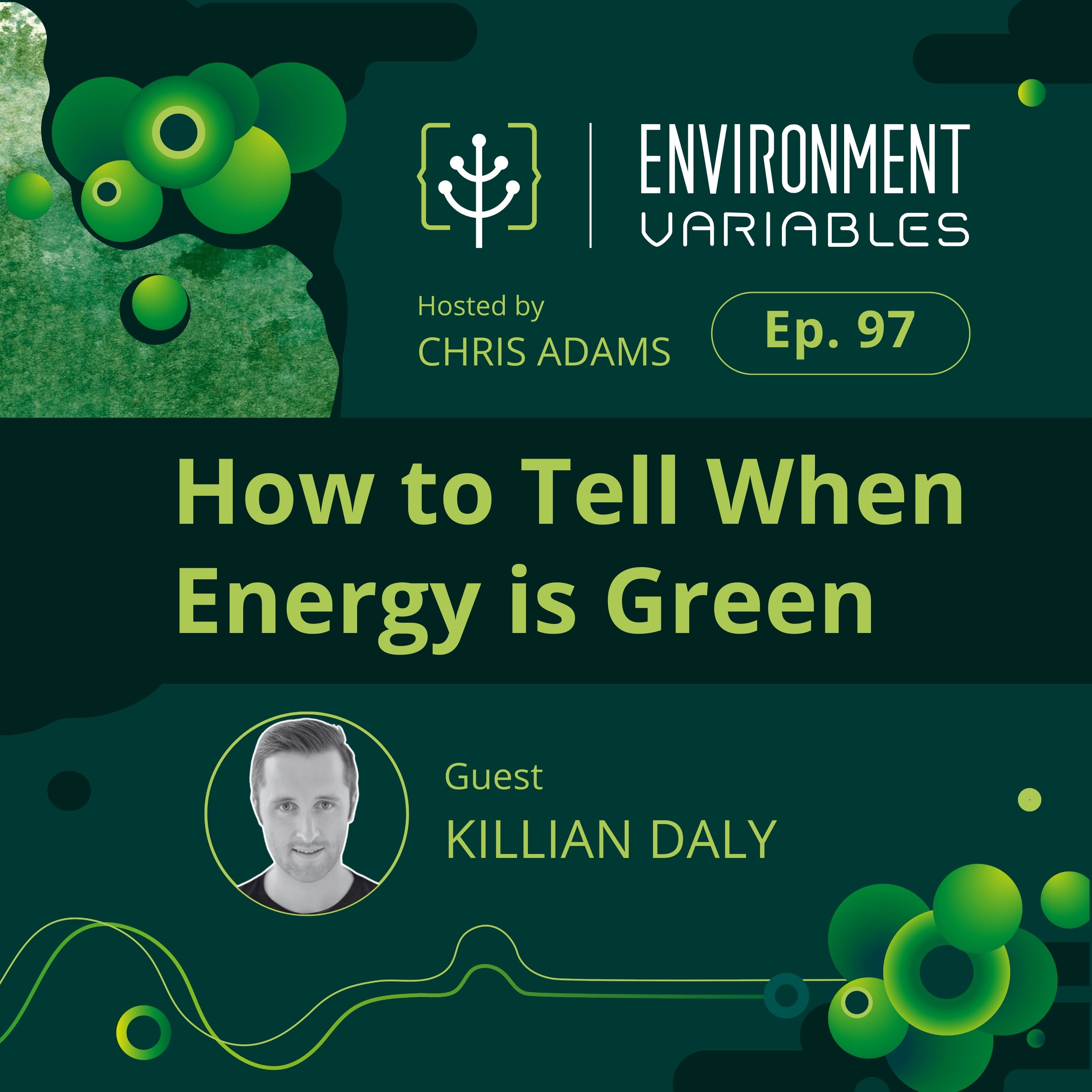Episode Summary
In this episode, host Chris Adams is joined by Killian Daly, Executive Director of EnergyTag, to explore the complexities of green energy tracking and carbon accounting. They discuss the challenges of accurately measuring and claiming green energy use, including the flaws in current carbon accounting methods and how EnergyTag is working to improve transparency through time-based and location-based energy tracking. Killian shares insights from his experience managing large-scale energy procurement and highlights the growing adoption of 24/7 clean energy practices by major tech companies and policymakers. They also discuss the impact of green energy policies on industries like hydrogen production and data centers, emphasizing the need for accurate, accountable energy sourcing and we find out just how tubular Ireland can actually be!Learn more about our people:Chris Adams: LinkedIn | GitHub | WebsiteKillian Daly: LinkedIn | WebsiteFind out more about the GSF:The Green Software Foundation Website Sign up to the Green Software Foundation NewsletterResources:GHG Protocol [09:15]Environment Variables Podcast | Ep 82 Electricity Maps w/ Oliver Corradi [32:22]Masdar Sustainable City [58:28]If you enjoyed this episode then please either:Follow, rate, and review on Apple PodcastsFollow and rate on SpotifyWatch our videos on The Green Software Foundation YouTube Channel!Connect with us on Twitter, Github and LinkedIn!TRANSCRIPT BELOW:Killian Daly: We need to think about this kind of properly and do the accounting correctly.And unfortunately, we don't do the accounting very well today. Chris Adams: Hello, and welcome to Environment Variables, brought to you by the Green Software Foundation. In each episode, we discuss the latest news and events surrounding green software. On our show, you can expect candid conversations with top experts in their field who have a passion for how to reduce the greenhouse gas emissions of software.I'm your host, Chris Adams. Hello, and welcome to another edition of Environment Variables, where we bring you the latest news and updates from the world of sustainable software development. I'm your host, Chris Adams. When we write software, there are some things we can control directly. For example, we might be able to code in a tight loop ourselves, or design a system that scales to zero when it's not in use.And if we're buying from a cloud vendor, like many of us do now, we're often buying digital resources, like gigabytes of RAM and disk, or maybe virtual CPUs, rather than physical servers. It's a little bit less
